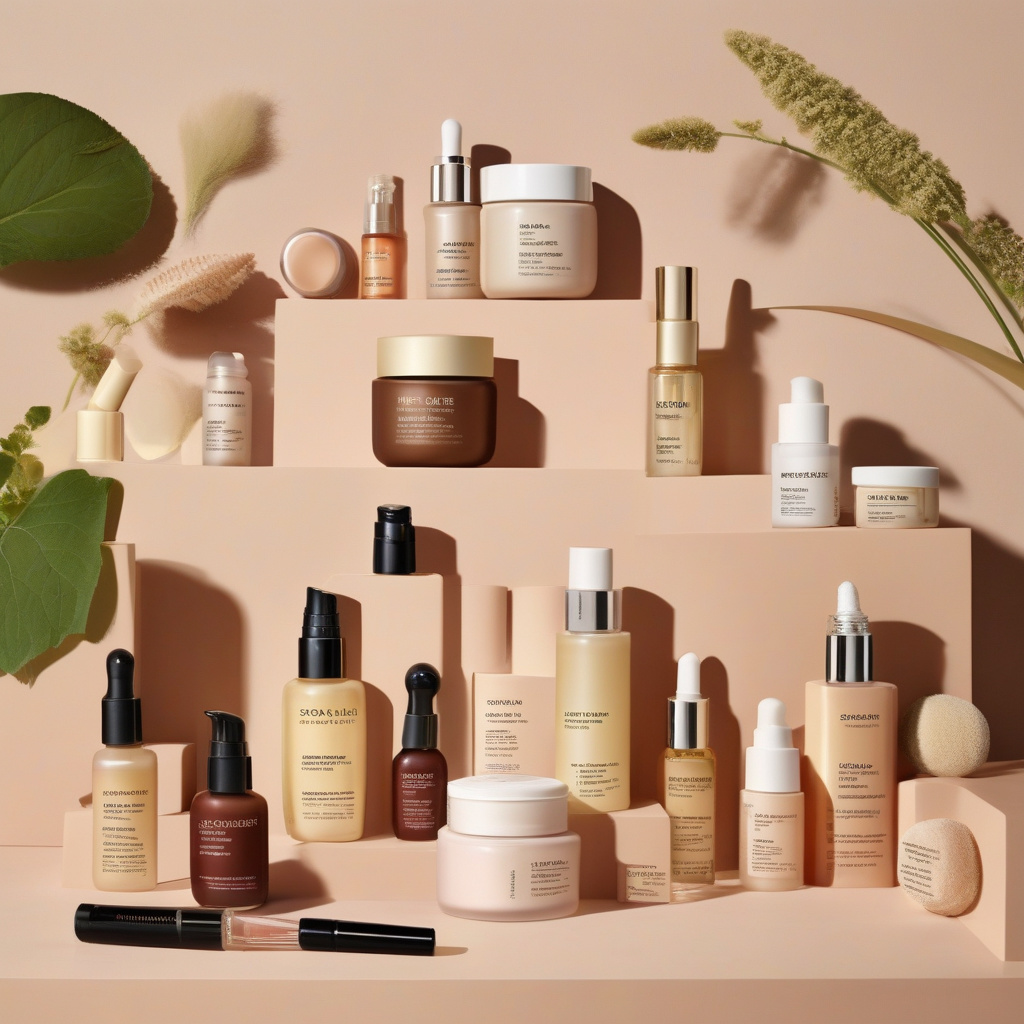Big Beauty Bets on Standardised Eco-Scores. Will It Pay Off?
In an age where sustainability is no longer just a trend but a necessity, major beauty brands are making significant strides toward eco-conscious practices. Giants like L’Oréal, Nivea, and Neutrogena are now rolling out new environmental labeling, aiming to provide standardized eco-scores for their products. This initiative is not only a response to increasing regulatory pressures regarding anti-greenwashing but also a strategic move to gain consumer trust and loyalty. But will these efforts truly pay off in the competitive beauty market?
As consumers become more environmentally aware, the demand for transparency in product sourcing and manufacturing has never been higher. The beauty industry, notorious for its use of chemicals and non-biodegradable packaging, finds itself at a crossroads. With recent studies indicating that 73% of consumers are willing to change their consumption habits to reduce their environmental impact, brands must act decisively. L’Oréal, Nivea, and Neutrogena are leading this charge by implementing standardized eco-scores, which evaluate products based on their environmental impact, including factors like carbon footprint, water usage, and recyclability.
L’Oréal has set a high bar with its ambitious sustainability goals, including a commitment to achieving carbon neutrality across its production sites by 2025. The introduction of eco-scores is a logical next step in this journey. By clearly communicating the environmental performance of its products, L’Oréal aims to foster consumer confidence and set itself apart from competitors that may not be as forthcoming about their sustainability efforts. This transparency can build a stronger brand reputation, especially among younger consumers who prioritize environmental responsibility.
Similarly, Nivea, owned by Beiersdorf, is taking proactive measures to combat greenwashing allegations. The brand announced its new eco-labeling system to provide consumers with clear, understandable information about the environmental impact of its products. This move comes after several criticisms regarding the misleading nature of some eco-claims in the beauty industry. By offering standardized eco-scores, Nivea positions itself as a reliable choice for consumers seeking sustainable options, effectively mitigating the risk of regulatory backlash.
Neutrogena, a brand under Johnson & Johnson, is also aligning its product offerings with eco-conscious practices. The introduction of eco-scores allows consumers to make informed choices, elevating the brand’s commitment to sustainability. Neutrogena’s eco-labeling initiative not only complies with emerging regulations but also appeals to the growing segment of environmentally conscious consumers. Research shows that brands perceived as sustainable can command higher prices and enjoy increased customer loyalty, signaling a promising return on investment for companies willing to make the effort.
However, the success of these eco-labeling initiatives depends on several factors. Firstly, the accuracy and credibility of the eco-scores are paramount. Consumers are increasingly savvy and can quickly spot greenwashing tactics. If the eco-scores are perceived as superficial or misleading, brands risk alienating their target audience rather than winning them over. Therefore, it is essential for L’Oréal, Nivea, and Neutrogena to ensure that their eco-scores are based on rigorous, transparent criteria that resonate with consumer values.
Secondly, the beauty industry is highly competitive, with countless brands vying for attention. While established names like L’Oréal and Nivea have the resources to implement and promote eco-scores effectively, smaller brands may struggle to keep up. This disparity could lead to a divide in the market, where larger players dominate the narrative around sustainability, potentially overshadowing innovative smaller brands that also prioritize eco-friendly practices.
Lastly, consumer education is crucial. While standardized eco-scores provide a valuable tool for informed decision-making, brands must also invest in educating consumers about what these scores mean. A well-informed customer is more likely to appreciate the value of eco-scores and make purchasing decisions that align with their values. This could be accomplished through targeted marketing campaigns, educational content, and transparent communication about the environmental benefits of products.
In conclusion, L’Oréal, Nivea, and Neutrogena’s decision to adopt standardized eco-scores is a bold and potentially lucrative strategy in a market increasingly driven by sustainability. By prioritizing transparency and accountability, these brands not only comply with anti-greenwashing regulations but also cater to a growing demographic that values eco-conscious choices. However, the success of these initiatives hinges on the credibility of the eco-scores, the competitive landscape, and the ability to educate consumers. If executed effectively, these bets on standardized eco-scores could pay off, solidifying their positions as leaders in the beauty industry while contributing to a more sustainable future.
sustainability, beauty industry, eco-scores, L’Oréal, greenwashing
